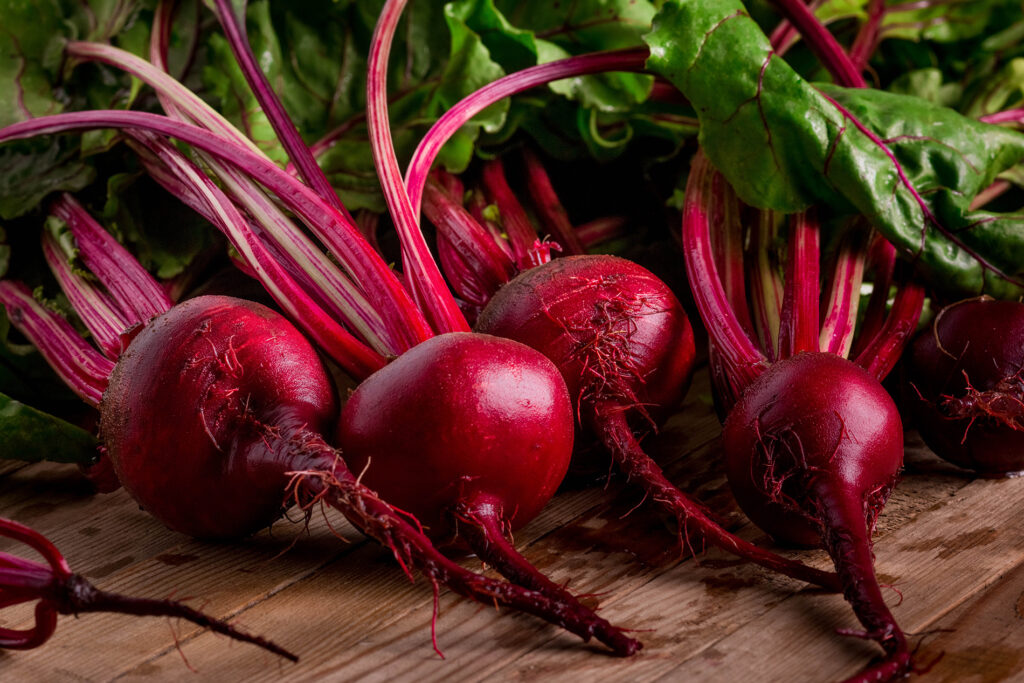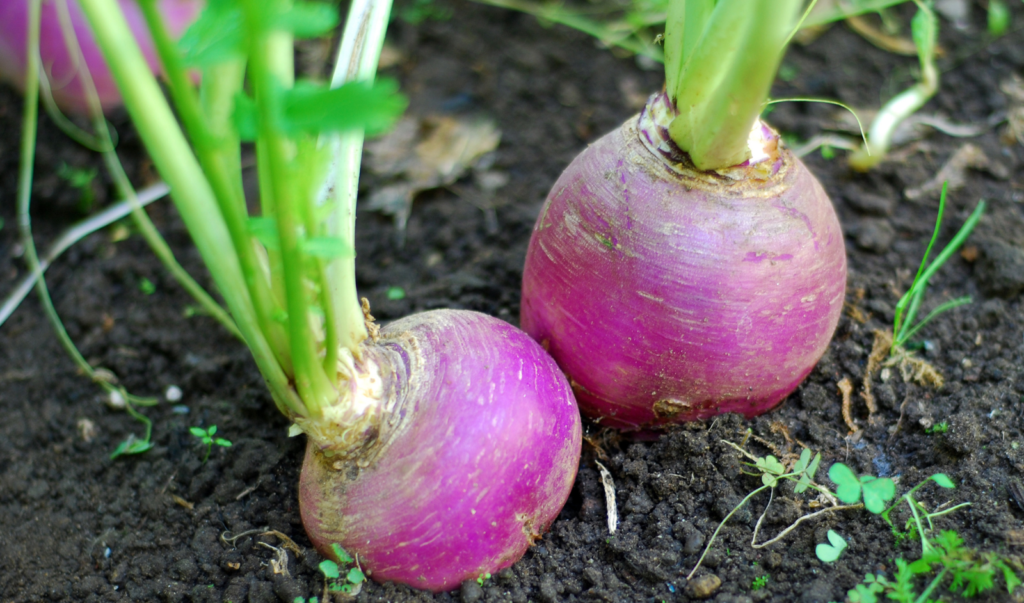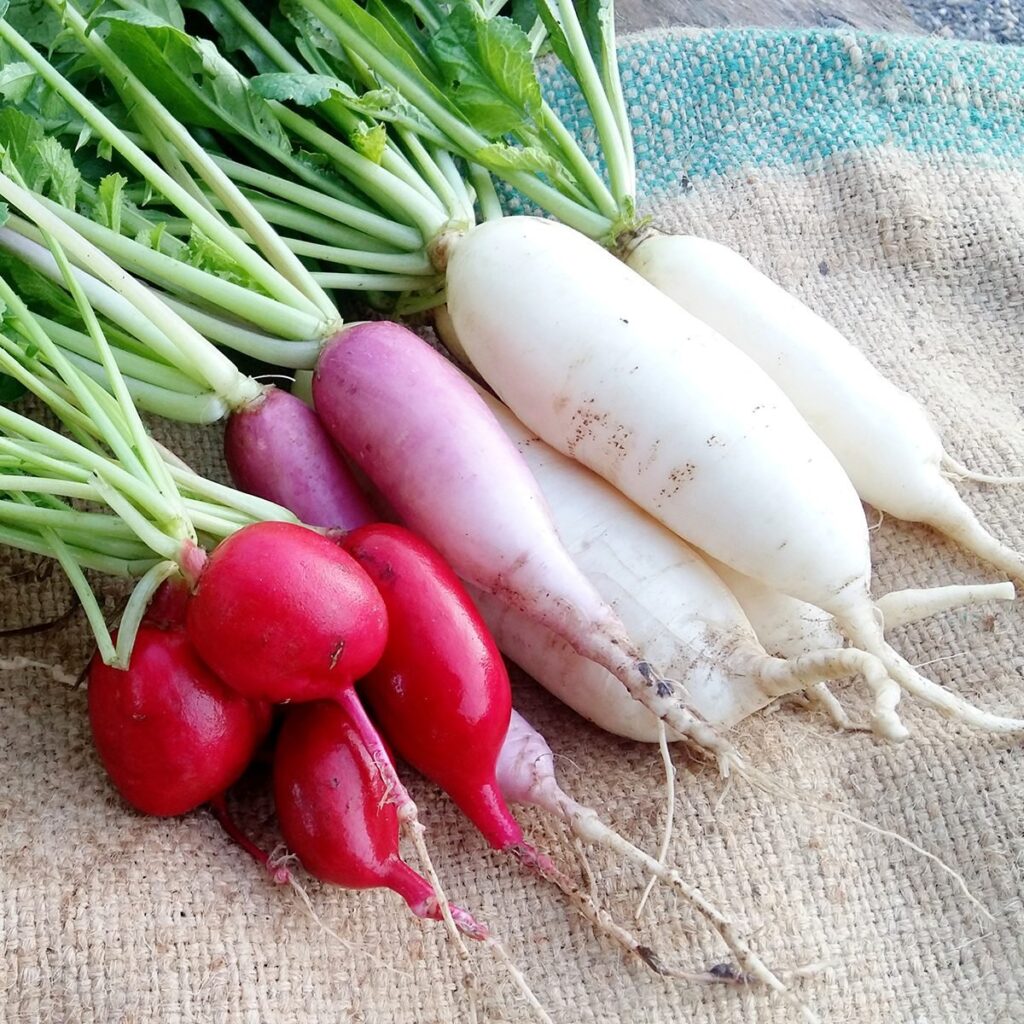Root vegetables are a cornerstone of many diets due to their rich flavors, versatility, and impressive nutritional profiles. These underground treasures are not only delicious but also offer a range of health benefits that support overall well-being. In the United States, root vegetables are widely available and can be incorporated into various dishes to enhance flavor and nutrition. Here’s a guide to some of the healthiest root vegetables you can find in the USA and the benefits they offer:
1. Sweet Potatoes

Nutritional Benefits: Sweet potatoes are a powerhouse of nutrition, offering a wealth of vitamins and minerals. They are particularly known for their high content of beta-carotene, which the body converts into vitamin A. This vitamin is essential for healthy vision, immune function, and skin health.
Additional Nutrients:
- Vitamin C: Supports immune function and skin health.
- Fiber: Aids digestion and helps regulate blood sugar levels.
- Potassium: Helps maintain healthy blood pressure levels.
Culinary Uses: Sweet potatoes can be baked, roasted, mashed, or used in soups and stews. They are also a popular ingredient in casseroles and can be enjoyed as a healthier alternative to regular potatoes in dishes like fries and wedges.
2. Carrots

Nutritional Benefits: Carrots are well-known for their high beta-carotene content, which contributes to their vibrant orange color. Beta-carotene is converted into vitamin A, which is crucial for maintaining good vision, particularly in low-light conditions.
Additional Nutrients:
- Vitamin K: Supports bone health and blood clotting.
- Fiber: Promotes digestive health and helps maintain a healthy weight.
- Antioxidants: Combat oxidative stress and inflammation.
Culinary Uses: Carrots can be enjoyed raw, steamed, roasted, or added to soups and salads. They are also commonly used in baking and as a healthy snack option when paired with dips.
3. Beets

Nutritional Benefits: Beets are rich in essential nutrients and antioxidants. They are known for their high content of betalains, which have anti-inflammatory and antioxidant properties. Beets also support cardiovascular health and improve exercise performance.
Additional Nutrients:
- Folate: Supports cell division and DNA synthesis.
- Manganese: Aids in bone formation and metabolism.
- Iron: Essential for oxygen transport and energy production.
Culinary Uses: Beets can be roasted, boiled, or pickled. They are a flavorful addition to salads, soups, and smoothies. Beet juice is also popular for its potential health benefits, including improved stamina and detoxification.
4. Parsnips

Nutritional Benefits: Parsnips are a root vegetable closely related to carrots but with a distinct, slightly sweet flavor. They are an excellent source of vitamins and minerals that support overall health.
Additional Nutrients:
- Vitamin C: Supports immune function and skin health.
- Folate: Crucial for DNA synthesis and cell growth.
- Fiber: Promotes healthy digestion and may help lower cholesterol levels.
Culinary Uses: Parsnips can be roasted, mashed, or used in soups and stews. Their natural sweetness makes them a great addition to savory dishes and a healthy alternative to more starchy vegetables.
5. Rutabagas

Nutritional Benefits: Rutabagas, also known as swedes, are a hybrid root vegetable that provides a range of essential nutrients and health benefits. They are particularly high in fiber and vitamin C.
Additional Nutrients:
- Vitamin C: Supports immune health and skin repair.
- Potassium: Helps regulate blood pressure and maintain fluid balance.
- Antioxidants: Protect cells from damage and reduce inflammation.
Culinary Uses: Rutabagas can be roasted, boiled, or mashed. They are often used in hearty winter dishes and can be incorporated into casseroles, soups, and stews.
6. Turnips

Nutritional Benefits: Turnips are a low-calorie root vegetable with a slightly spicy flavor. They are rich in vitamins and minerals that contribute to overall health and well-being.
Additional Nutrients:
- Vitamin C: Supports immune function and skin health.
- Fiber: Aids in digestion and helps regulate blood sugar levels.
- Calcium: Essential for bone health and muscle function.
Culinary Uses: Turnips can be roasted, steamed, or used in soups and stews. They can also be enjoyed raw in salads or as a crunchy snack.
7. Radishes

Nutritional Benefits: Radishes are a crisp and spicy root vegetable that provides a range of health benefits. They are low in calories and high in antioxidants.
Additional Nutrients:
- Vitamin C: Supports immune health and skin repair.
- Fiber: Promotes digestive health and may help regulate blood sugar levels.
- Potassium: Helps maintain healthy blood pressure levels.
Culinary Uses: Radishes are often used raw in salads or as a garnish. They can also be roasted or pickled for a different flavor profile and texture.